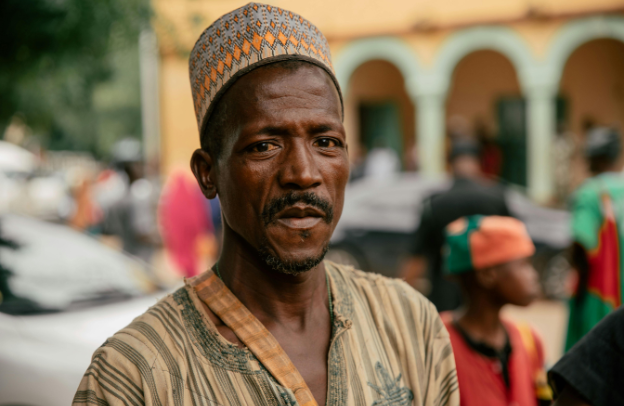Are African countries really independent and sovereign?

Tanignigui Siriki Soro | Contributor on politics-related Topics
Although many African countries have achieved political independence for over 60 years, particularly in the second half of the 20th century, a pressing question remains: does possessing a territory, a population, a flag, and aspirations akin to those of other independent states globally genuinely confer upon African nations the status of independent and sovereign states, or is this merely an illusion?
Learn How to Leverage Your Story through our Story To Asset Transformation (S.A.T) Framework.
Where does the continent’s wealth stand? Africa is the richest continent in the world, brimming with natural resources. It produces exquisite crops such as cocoa, coffee, and various vegetables, while also boasting an incredibly diverse fauna and vast marine resources.
The continent’s mineral wealth including gold, diamonds, cobalt, uranium, and nearly 20 unique and precious minerals attests to its abundance. However, this wealth has often proven to be a curse rather than a blessing: it has frequently led to wars over-exploitation, the extraction of resources by foreign companies, and the lack or complete absence of local industries to process raw materials.
As a result, Africa has become one of the most underdeveloped continents on the planet, remaining dependent on neo-colonialism for the transformation of its resources.
Even today, many African countries remain economically oppressed by former colonial powers, notably France. Fourteen African nations are bound by a colonial pact that requires them to deposit 85% of their foreign exchange reserves in the French central bank, under the oversight of the French Minister of Finance.
This situation exemplifies a form of neocolonialism, where former colonial powers continue to exert economic control over their erstwhile colonies. Many African countries still use currencies that are either colonial legacies or pegged to currencies such as the US dollar or the euro.
Additionally, local African currencies are often non-convertible, making it impossible to travel from one African nation to another using local currencies. This scenario severely restricts Africa’s ability to pursue an autonomous monetary policy, which is crucial for economic development.
For instance, the CFA franc, utilized by several countries in West and Central Africa, is tied to the euro, limiting the flexibility of member states in the face of economic fluctuations and exposing them to the volatility of international market trends and their consequences, such as inflation.
You might also like Emmanuel Macron’s “Ingratitude” and the Harmful Rhetoric of France’s White Savior Complex
Moreover, many African countries rely heavily on foreign aid to finance their sovereign budgets and development projects. This creates a dynamic in which national policies can be influenced by funders, thereby limiting the sovereignty of states.
For instance, the recent elimination of USAID by the 47th President of the United States, Donald Trump, elicited significant reactions and lamentations from numerous African heads of state. Such aid is often contingent upon conditions that may not align with the actual needs of the countries, leading to political and economic choices that are misaligned with local priorities.
Additionally, loans provided at competitive interest rates have resulted in a growing indebtedness among African nations. Countries often have to make concessions to repay these debts, which may include ceding control over natural resources or management rights to infrastructure.
Furthermore, the African continent remains dependent on external powers for the construction of its institutions, particularly in the development of infrastructure such as roads, bridges, ports, and institutional buildings, exemplified by the African Union headquarters in Addis Ababa, which was constructed through massive investments from China.
See also African Agenda 2063 – The Africa We Want By The African Union
While these investments contribute to economic development, they also reinforce African countries’ dependence. Moreover, the imposition of colonial languages as official languages in many countries has marginalized local cultures, created ethnic conflicts, and hindered the development of a strong national identity.
This situation can also restrict citizens’ participation in political and social life, as the languages used in education and administration do not always correspond to those spoken by the majority of the population.
African countries must strive for their independence and complete sovereignty. Our continent must aspire to become a leader instead of remaining a playground for foreign powers that seek to divide it like a cake.
Several options are available today, particularly with the emergence of BRICS, or the establishment of its own continental economic policies that do not rely on the supremacy of the dollar or any other foreign currencies.
Innovation in the production and transformation of local wealth is essential to reduce dependence on external powers during crises such as the COVID-19 pandemic or the Ukraine-Russia conflict, which have led some countries to face shortages of essential materials and internal inflation crises. Africa shall rise again
Learn How to Leverage Your Story through our Story To Asset Transformation (S.A.T) Framework.





